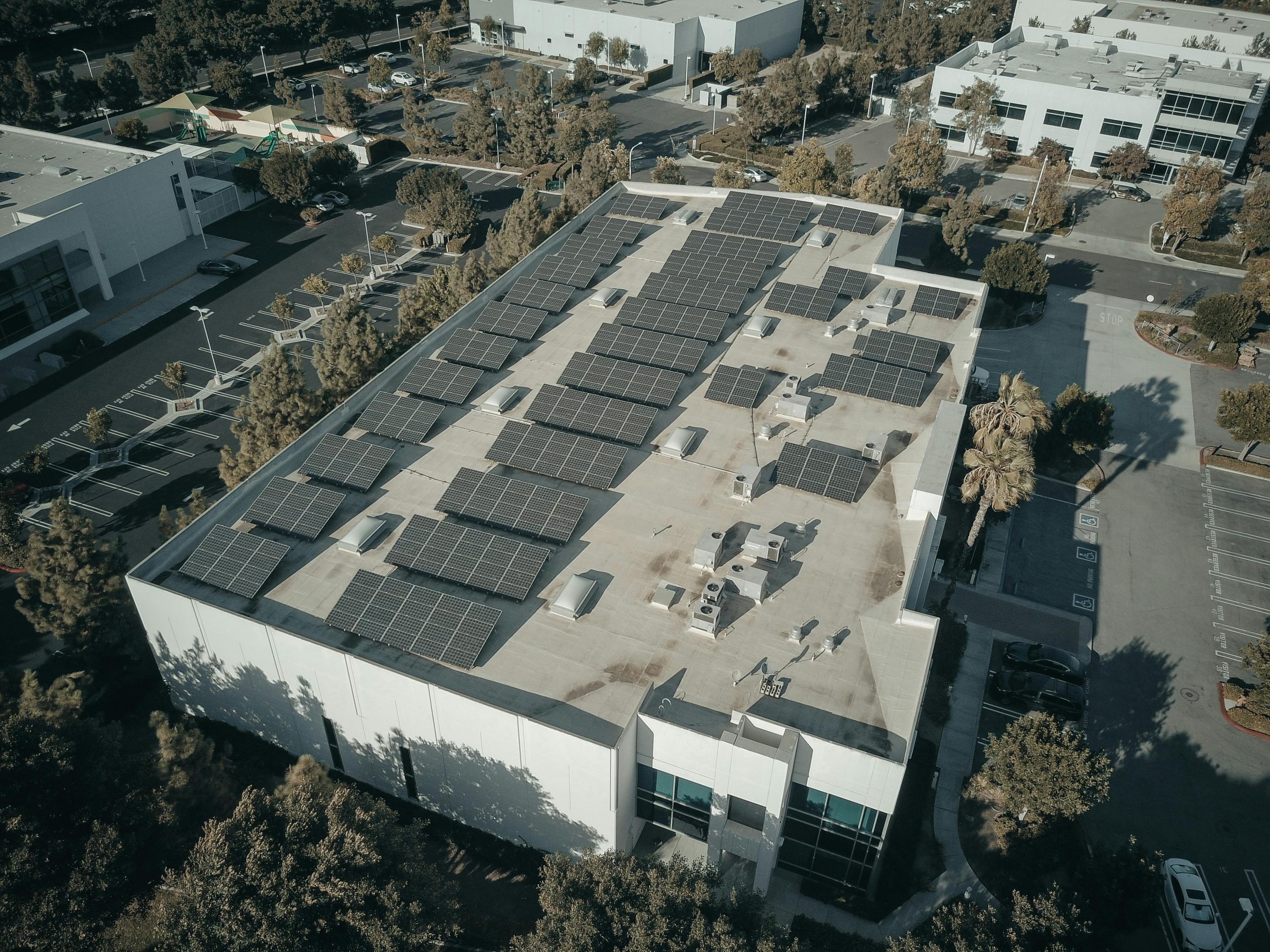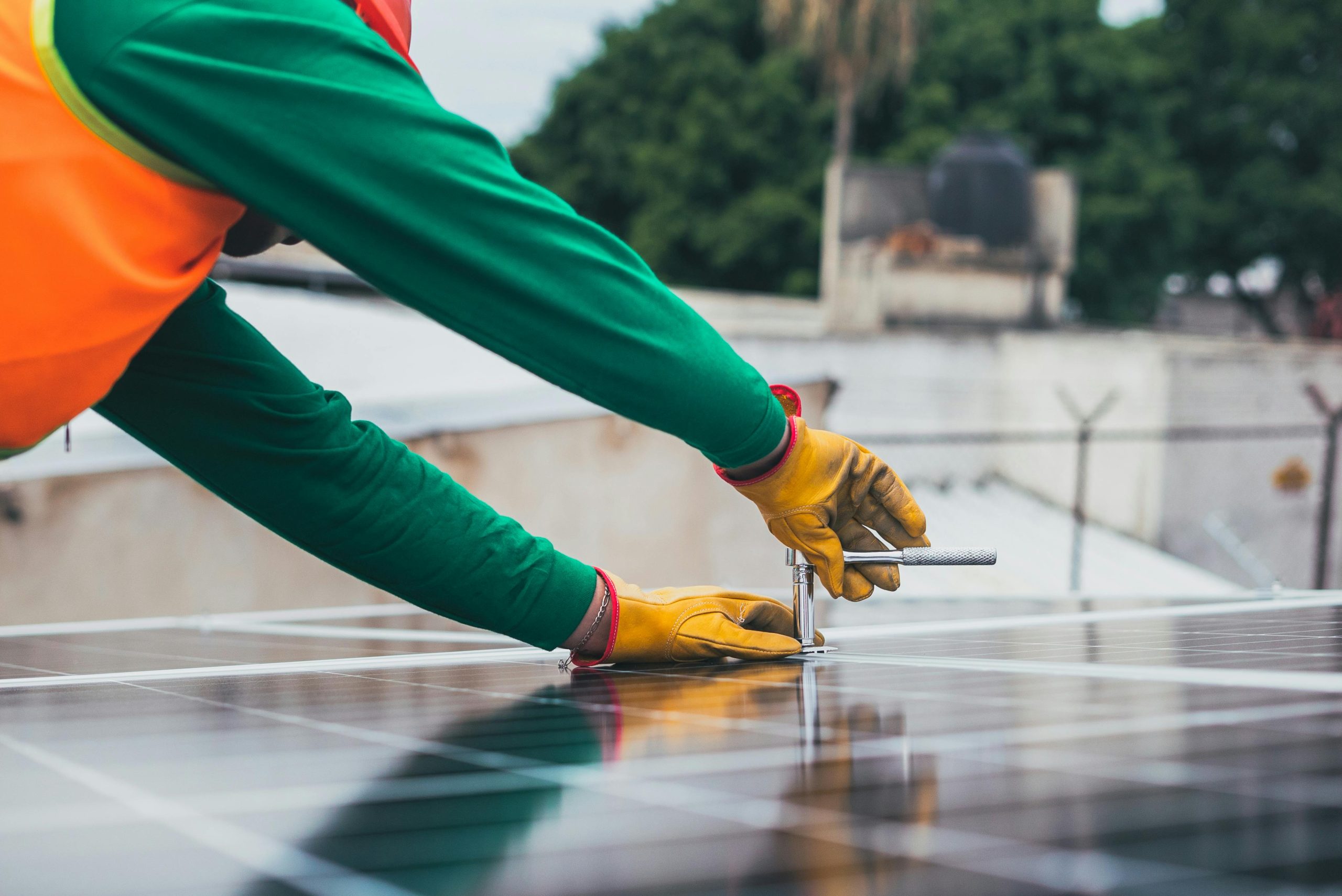LEGAL UPDATE ON THE NEW DECREE
ON ROOFTOP SOLAR POWER DEVELOPMENT

On the 22nd of October 2024, the Government issued the long-awaited Decree No. 135/2024/ND-CP (Decree 135) regulating the mechanism, incentive policy to develop self-produced, self-consumed rooftop solar power (RSP). Below are some of the notable highlights from this Decree:
-
Models of RSP
Decree 135 lays out 02 distinct models of which RSP may be developed and those are
- Self-produced, self-consumed RSP systems connected to the national power grid and
- Self-produced, self-consumed RSP systems not connected to the national power grid.
Additionally, further development requirements and procedures for these models are stipulated within the relevant Articles of this Decree. Generally, due to more relaxed regulations and the lesser impact of its nature, low capacity self-produced, self-consumed RSP systems not connected to the national power grid are easier to develop while the other model may call for a little more effort.
-
Surplus Sale Mechanism
However, there is a clear benefit that comes with self-produced, self-consumed RSP systems connected to the national power grid which should not be neglected – Surplus Sale. Decree 135 provides a mechanism by which surplus electricity from self-produced, self-consumed RSP systems connected to the national power grid may be sold by certain prescribed consumers to EVN or its authorized members, provided they meet regulated condition:
- Consumers being household or single-family house whose RSP systems have a capacity of below 100 kW; and
- All consumers and other organisations and individuals whose RSP systems align with local generation planning and its execution.
For a period of 05 years and with a purchase price equivalent to the average price of electricity published on the market during the preceding year, a total of up to 20% of actual installed capacity may be sold. This mechanism certainly will promote a more prosperous and sustainable relationship between electricity provides and consumers.
-
Investment Incentives
Furthermore, some of the notable investment incentives to boost future potential development within the Decree includes:
- Exemption from Electricity Operating License without limits on generating capacity in case of off-grid RSP projects, or grid-connected RSP projects equipped system for preventing electrical backflow, or RSP projects with a capacity of below 100kW developed by household or single-family house;
- Tax incentives for consumers per current tax regulations;
- Streamlined administrative procedures towards district-level Departments of Industry and Trade (DOIT) and other competent authorities, tailored to each type of RSP project. These include notification procedures or registration procedures for obtaining an RSP Registration Certificate;
- Exemption from land energy and capacity plan amendments for construction works with RSP systems;
- Classification of RSP systems as technology equipment attached to construction works;
- Exemption from business license amendments for households and private residential housings with RSP systems.
-
Ownership
Without an explicit regulation from Decree 135 requiring consumers to own their RSP system and under the context of self-produced, self-consumed electricity being only yet broadly defined as electricity that is produced and consumed by organizations or individuals to meet their own demand, on the other hand, organizations or individuals owning self-produced and self-consumed RSP, or organizations or individuals receiving rights and obligations from the former is identified as surplus electricity seller, one may infer that this Decree seems to imply the unimportance of actual ownership when it comes to RSP. In fact, consumers may acquire use rights for RSP systems through various legal means from a third party and from there, produce and consume electricity without the full transfer of ownership title for the system itself.
Notwithstanding, this Decree does not provide a comprehensive legal framework for solar power projects. Under its provisions, the Government delegates responsibility to the provincial-level People’s Committees to develop and issue simplified administrative procedures, including standardized forms, processes, and processing timelines, to ensure convenience and foster favorable conditions for investors.
If you would like to obtain further information, please do not hesitate to contact us.
For more information, please contact:
 FIDAL ASIATTORNEYS
FIDAL ASIATTORNEYS
The Landmark suite 1.02
5B Ton Duc Thang, District 1,
710059 Ho Chi Minh City, Vietnam
It is noted that this article does not constitute a professional legal advice and only constitutes a public information on a general matter. Feel free to contact us for further detailed information for any specific case.


